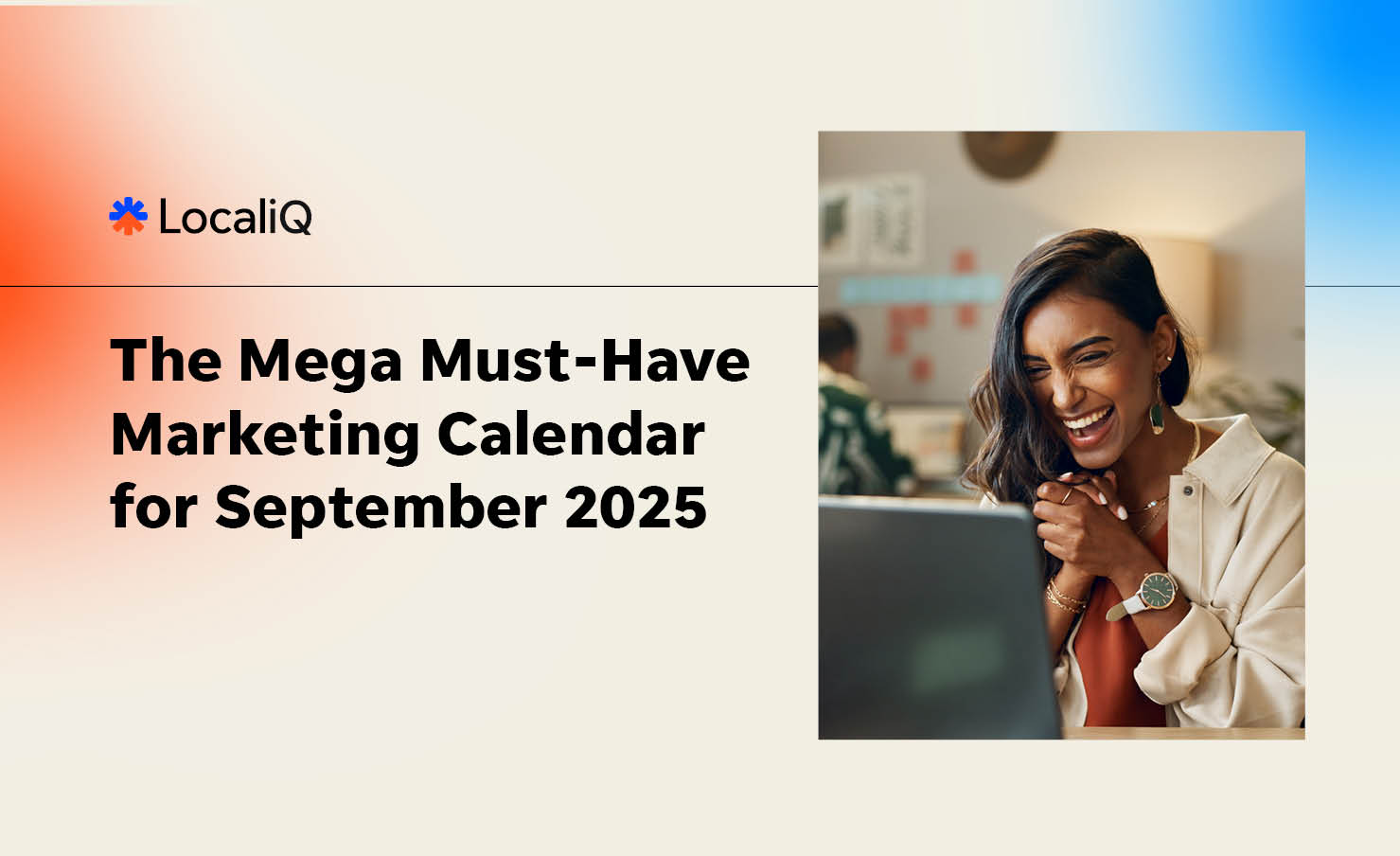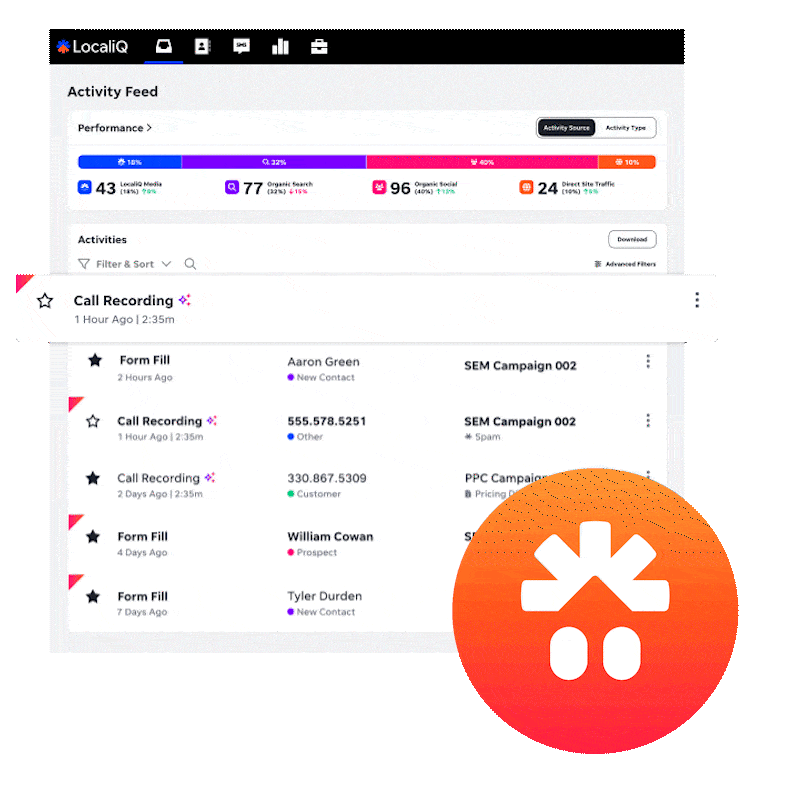For small businesses, this raises a big question: what does this mean for SEO? If people are asking AI tools questions instead of “Googling it,” does SEO still matter? The short answer is yes — it matters more than ever.
How AI search tools are changing the game
ChatGPT
Originally designed as a chatbot, ChatGPT can now answer questions instantly — without showing the usual list of links. For small businesses and startups, that means less “click through” traffic from traditional searches, but it also creates opportunities if your website content is clear, authoritative and structured in a way AI tools can understand.
Google Gemini
Gemini is Google’s biggest push into AI. Unlike ChatGPT, it’s built directly into the Google ecosystem. Features like AI Overviews are already showing up in search results, summarising key information from multiple sites. If your site isn’t optimised, there’s a risk you’ll miss out on being cited or featured in these summaries.
Perplexity
Perplexity is part search engine, part chatbot. It’s gaining traction because it answers questions directly, provides citations, and gives users a streamlined experience. While it’s smaller than Google now, tools like this show where search is headed — conversational, context-rich and immediate.
What the data tells us
There’s a lot of hype about AI replacing traditional search, but the numbers paint a different picture. Recent research shows that Google still sends 345 times more traffic to websites than ChatGPT, Gemini or Perplexity combined.
In other words, AI search is growing, but Google remains the main driver of business visibility. This gives small businesses a window of opportunity to prepare — making their sites more AI-friendly while still relying on traditional SEO.
The rise of Generative Engine Optimisation (GEO)
A new term has emerged in the industry: Generative Engine Optimisation (GEO). Instead of just thinking about ranking on Google, businesses now need to optimise for AI-powered engines like ChatGPT, Gemini and Perplexity.
That means:
- Structuring content in question-and-answer formats (FAQs, how-to guides).
- Using schema markup so search engines and AI models can understand context.
- Covering topics in depth with subtopics and related queries (the “fan-out method”).
For example, if you’re a family lawyer, a blog about “divorce process in NSW” should also cover subtopics like costs, timelines, child custody and common mistakes. This way, both Google and AI tools can pull the right information from your page.
What this means for small businesses
Instead of fearing these AI tools, small businesses should see them as an extension of search. Here’s how they can prepare:
- Focus on clear, helpful content. If you want AI to “pick up” your site, your content needs to answer real customer questions in plain English.
- Use FAQs and long-tail keywords. People are asking more conversational questions — especially through voice search. Content should match how customers naturally speak.
- Optimise your Google Business Profile. Many AI engines still pull directly from Google Maps and business listings. Keep yours updated with photos, reviews and accurate details.
- Make your site AI-readable. Use structured data, headings and clean layouts so AI models can interpret your site correctly.
- Think beyond clicks. AI search may not always send users straight to your site, but being referenced in an AI answer still builds visibility and credibility.
The bigger picture
The future of search isn’t “Google vs AI.” It’s Google plus AI. AI tools are creating new ways for people to discover information, but they still rely heavily on websites for source material. If your business isn’t visible online, these tools won’t know you exist.
Small businesses that adapt — by creating helpful content, using schema, and updating their local profiles — will benefit the most. Those who ignore SEO risk being invisible, both in Google results and AI-powered answers.
The bottom line
ChatGPT, Gemini and Perplexity aren’t killing SEO. They’re reshaping it. The question is no longer “How do I rank on Google?” but “How do I make my business visible across both search engines and AI-driven platforms?”
SEO in 2025 is about building trust, authority and visibility wherever customers are searching. And right now, that means being ready for both Google and AI.






